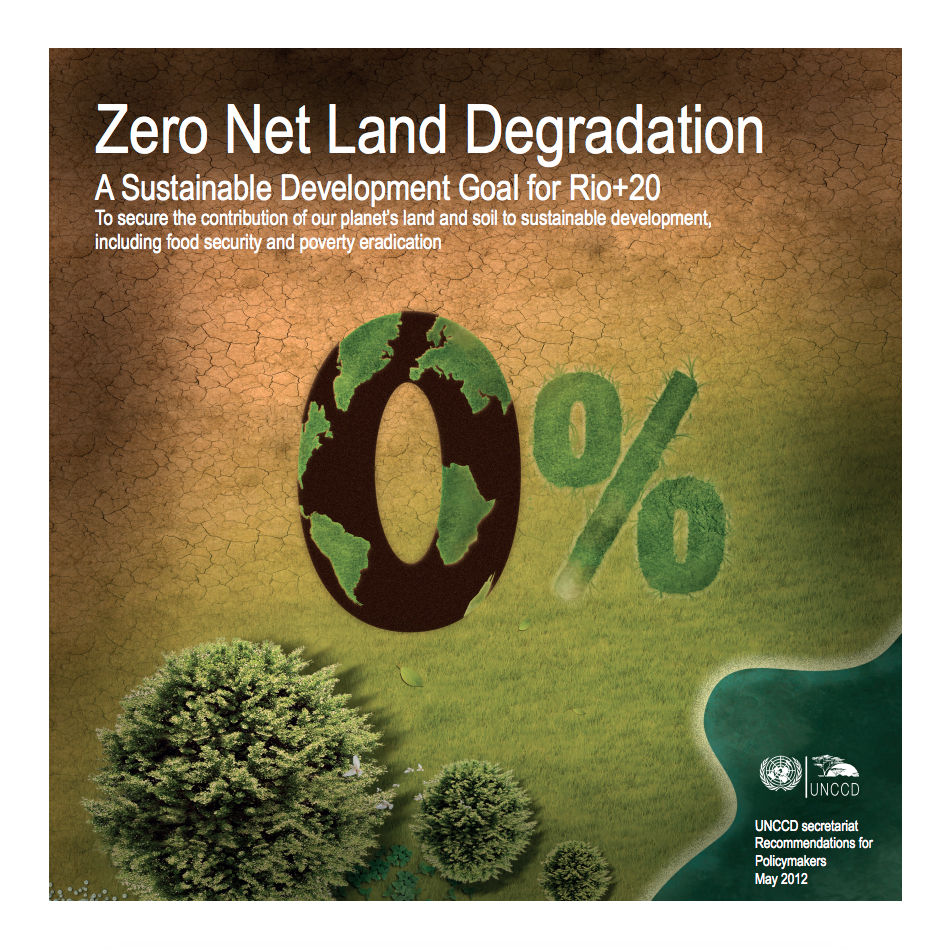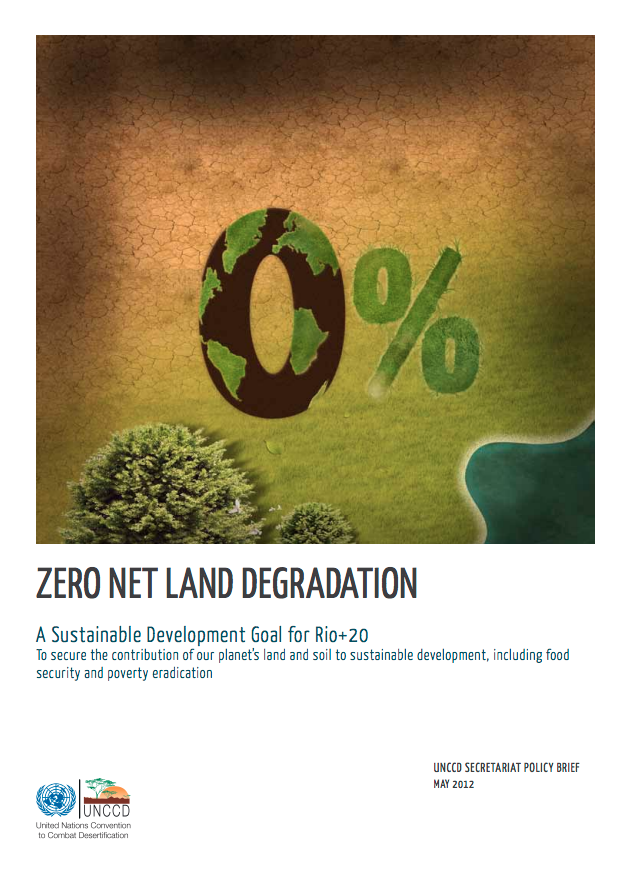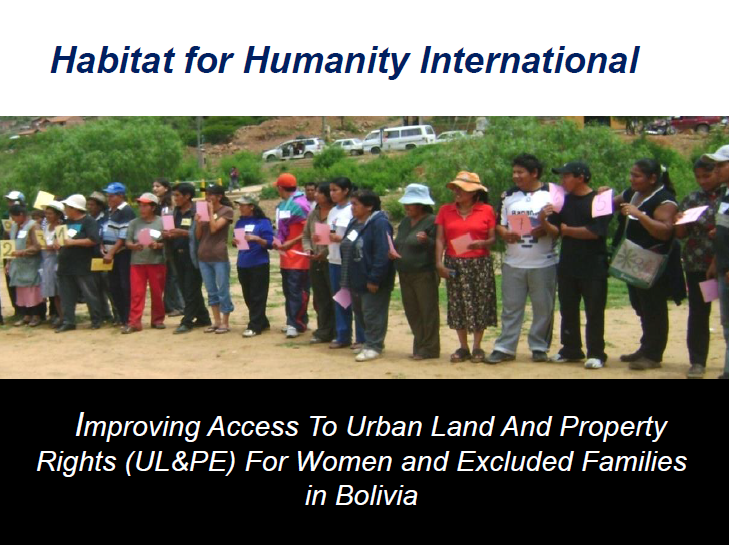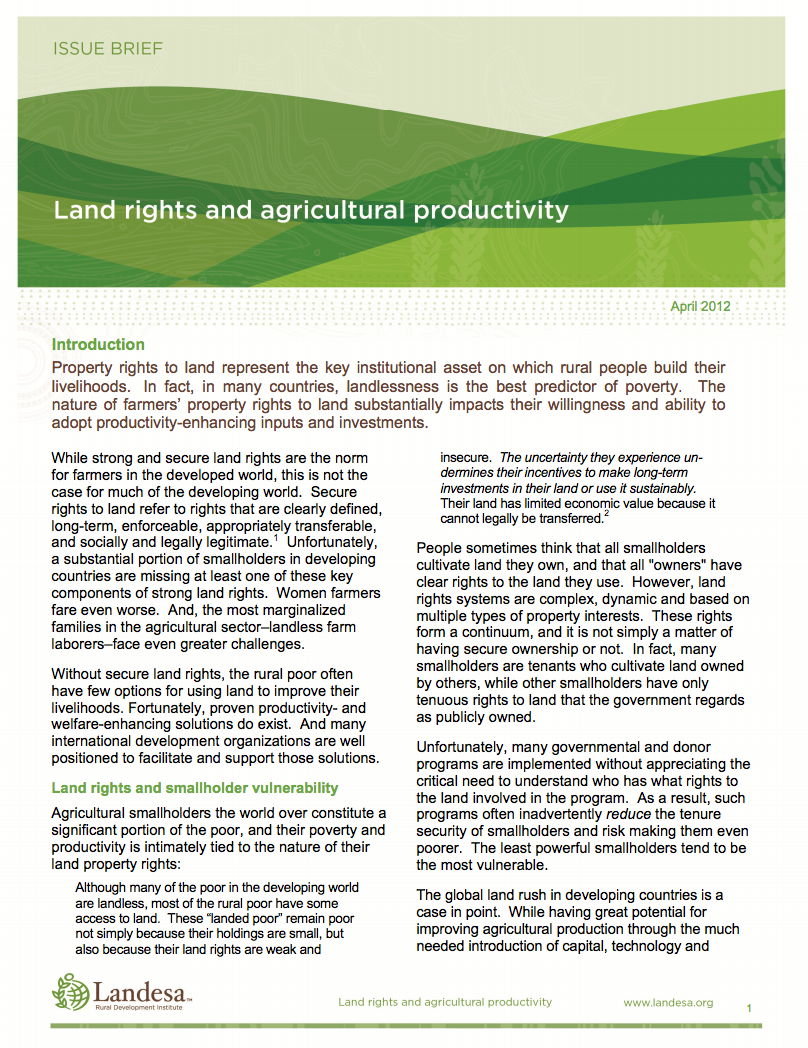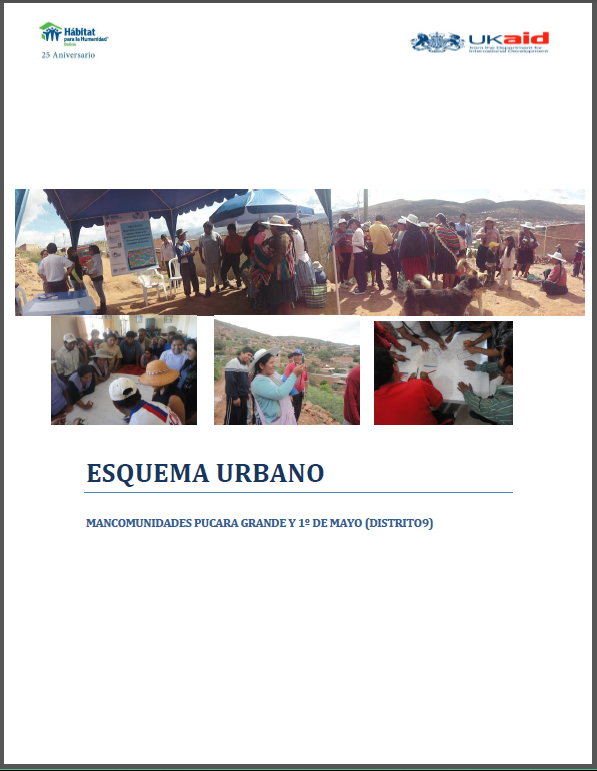Vacant, Fallow and Virgin Lands Management Rules - Notification No. 1/2012 (English)
The Ministry of Agriculture and Irrigation, exercising its given rights, and with the approval of
the Union Government, has issued the following rules in accordance with Section 34, Subsection
(a) of the Vacant, Fallow and Virgin Lands Management Law - 1. These rules shall be called the Vacant, Fallow and Virgin Lands Management Rules.
2. The terms and expressions used in these rules shall have the same meaning as used in the
Vacant, Fallow and Virgin Lands Management Law. In addition, the following expressions shall
have the meanings as stated below:




